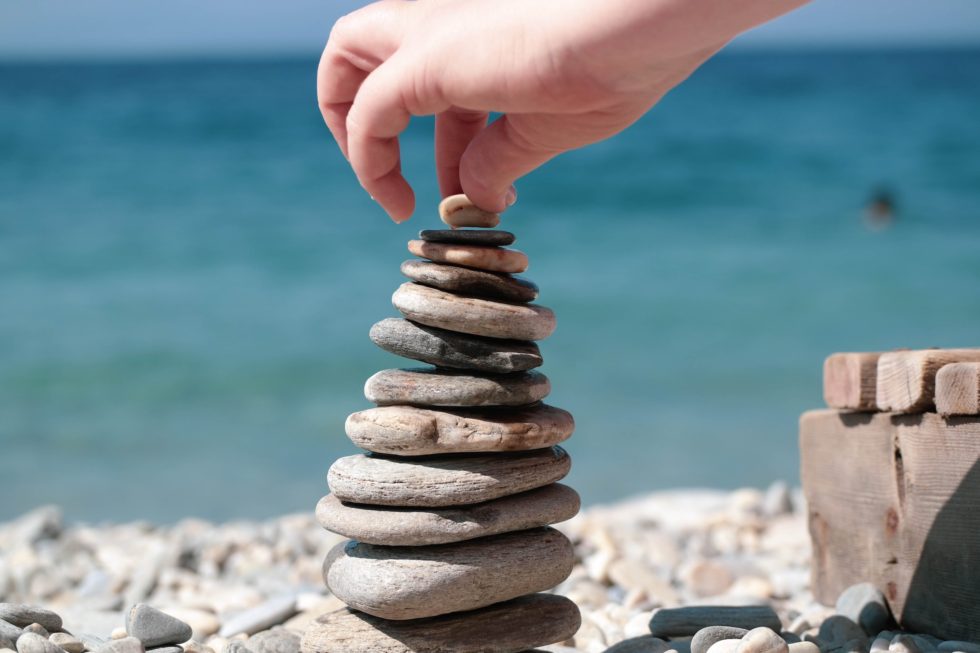Setting a New Year’s Resolution is a tradition for many people on New Year’s Eve. Over 70 percent of the United States population set resolutions each year. The majority of those resolutions fall into health, self-improvement, and money. Even with the best intentions, 80 percent of New Year’s Resolutions fail, many before the end of February.
There are many reasons why people fail at their resolutions, including willpower, old habits, and laziness.
It’s easy to feel overwhelmed when you look at a big goal, like learning how to play the piano. It can also be discouraging and harder to stick to your resolution if you aren’t seeing the success you want fast enough and don’t have a set plan to get there.
Setting a resolution for the new year doesn’t have to be daunting. You don’t have to be one of the statistics. Most people set resolutions because they want to improve a specific aspect of their life or learn a new skill.
So, what should you do instead if you want to reach your goals in the new year?
Instead of just focusing on your large goal, break it up into smaller monthly, weekly, and daily goals. Best described by Kris Kringle in Santa Claus is Coming to Town. You learn to walk by putting one foot in front of the other.
A big goal might seem daunting, but the overall goal becomes more manageable when it’s broken down into small attainable goals. Francis Assisi says, “Start by doing what’s necessary; then do what’s possible; and suddenly you are doing the impossible.”
So, let’s look back at your goal of learning how to play the piano.
One of the first things to do is to find accountability partners. Write down three to five supportive and encouraging friends and family in your life. Your accountability partners must help encourage you and keep you on track to hit your goal. Ask them to check in on your progress weekly or monthly.
Next, find something you can do each day that helps you reach your goal. It might be setting aside 10-15 minutes each day to practice. Then actually put this time into your calendar each day. Seeing it on your daily calendar is an easy reminder. And make sure to let your accountability partners know how you plan on reaching your goal.
An example of a monthly goal might be demonstrating what you have learned thus far to your accountability partners. They will love to see your improvements as you reach your goal and encourage you to keep going.
Setting resolutions or goals helps people become the best version of themselves. Finding success in setting and achieving goals enables you to tackle more challenging goals because you have a framework for getting there. We at Doctor’s Park are here to help you become the best version of yourself. Reach out today to schedule a free consultation and learn how we can help you do that.

